Most families give their kids a smartphone or tablet before they can speak. Eight-four percent of children in the United States now have their own internet connected device by the time they are 8 and average two and a half hours a day online.
Screens have become part of growing up and an understandable aid for busy parents. But at the same time, parents feel guilty for the time they are letting their kids go online and they worry about the sites they visit and the content they see.
It’s easy to assume that the current generation of children are digital natives. You hand them a tablet and within minutes they have figured out how to manipulate it to play games and access entertainment. The very young choose benign stuff like nursery rhymes, animal videos and, yes, unboxing videos. They are not active on social media at this age but they are likely to join in a Skype or a WhatsApp call with distant family members and they know how to post pictures online.
The idea that children are ‘digital natives’ who know it all and parents are ‘digital immigrants’ who don’t know anything is a myth, says Sonia Livingstone, Professor at the London School of Economics.
“The evidence suggests that children are often the most confident and experimental online, but that doesn’t mean they understand the internet or how and why people act online better than their parents do. Rather, both children and parents vary hugely in what they know and many children turn to their parents for trustworthy guidance, just as many parents do their best to provide it.”
- The fake news and the dissimulation of people online
- The culture of hate that they see from their early years on gaming sites
- What to do when people online attack their friends and when – heaven forbid – they become the target of online bullying.
Last month parents, educators, corporate stakeholders and NGOs from around the world came together at the United Nations Plaza in New York to launch the Power of Zero campaign. We see the potential of the Internet for creativity and connection. We are united by our shared commitment to giving children the foundation they need to learn, thrive, and succeed in school and in life.
Power of Zero is a collaborative global campaign led by No Bully to reshape early learning for a connected world. The campaign has identified twelve core life skills or ‘powers” that every child needs, ranging from hero power to the powers of resilience, critical thinking, inclusivity, and creativity. The free learning materials for the Power of Kindness were released last month. Teaching materials for the other eleven powers will be released later this year.
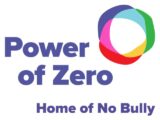

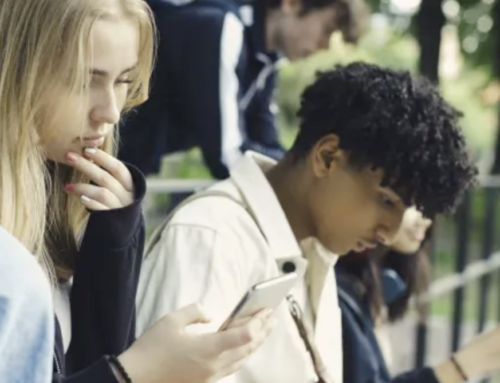
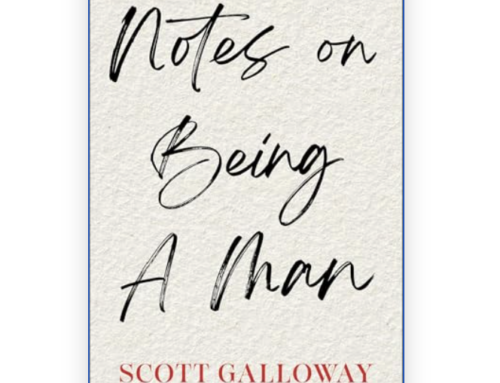
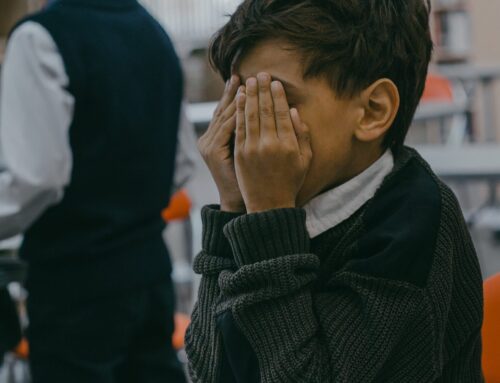

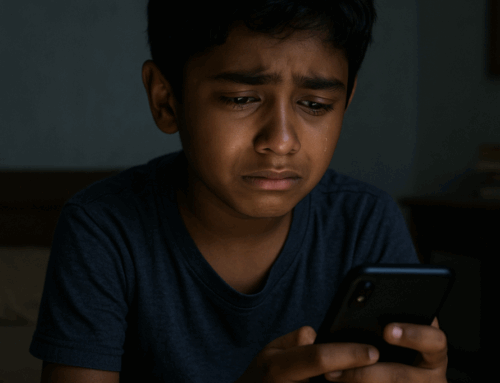
Leave A Comment